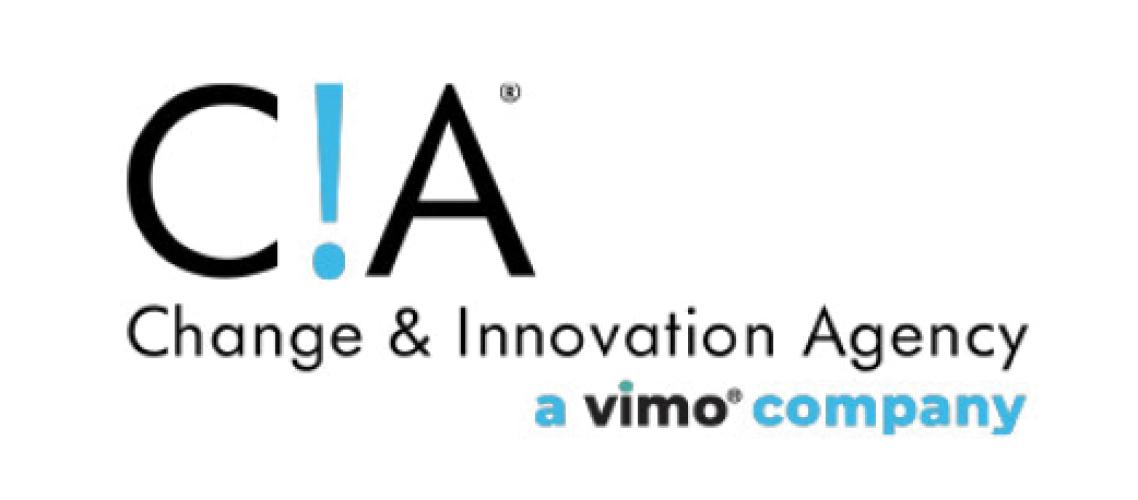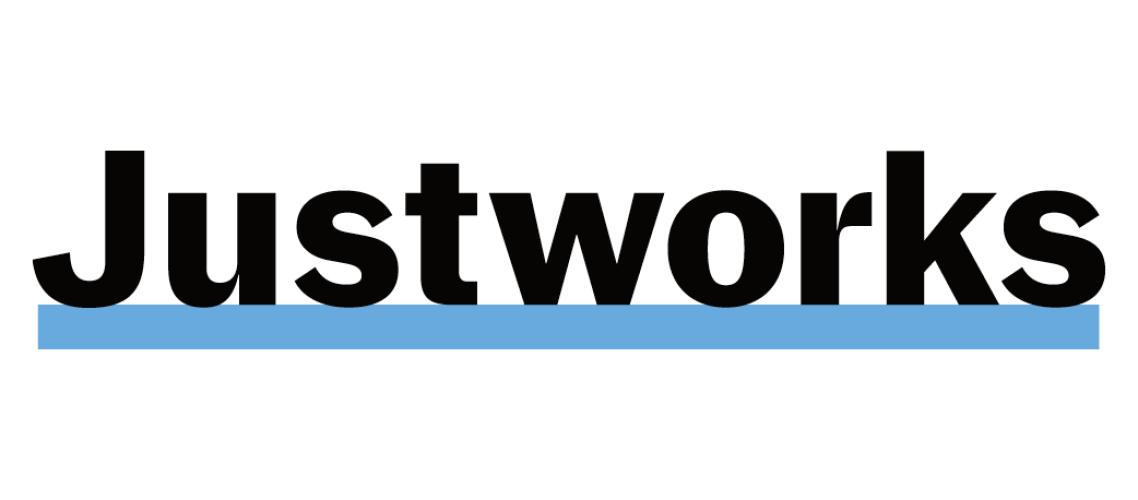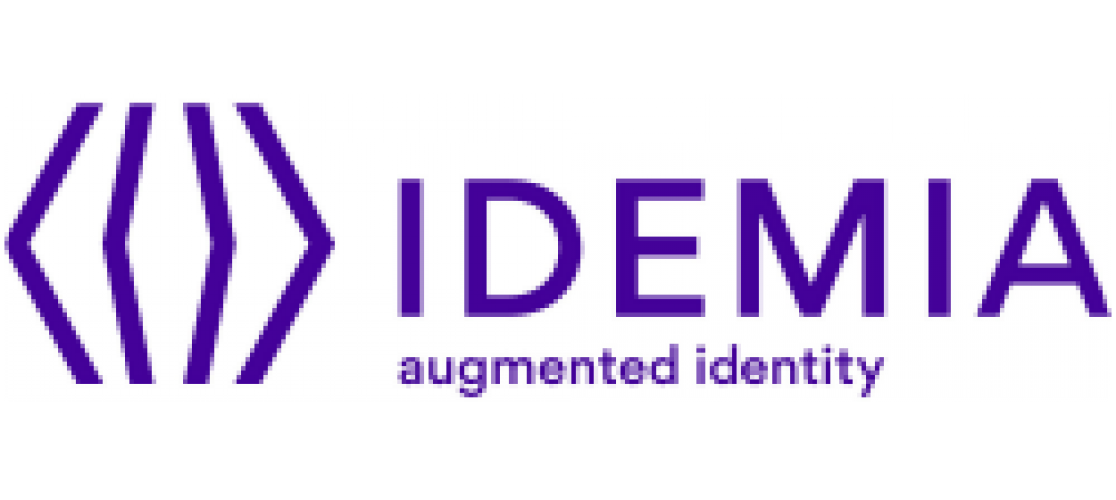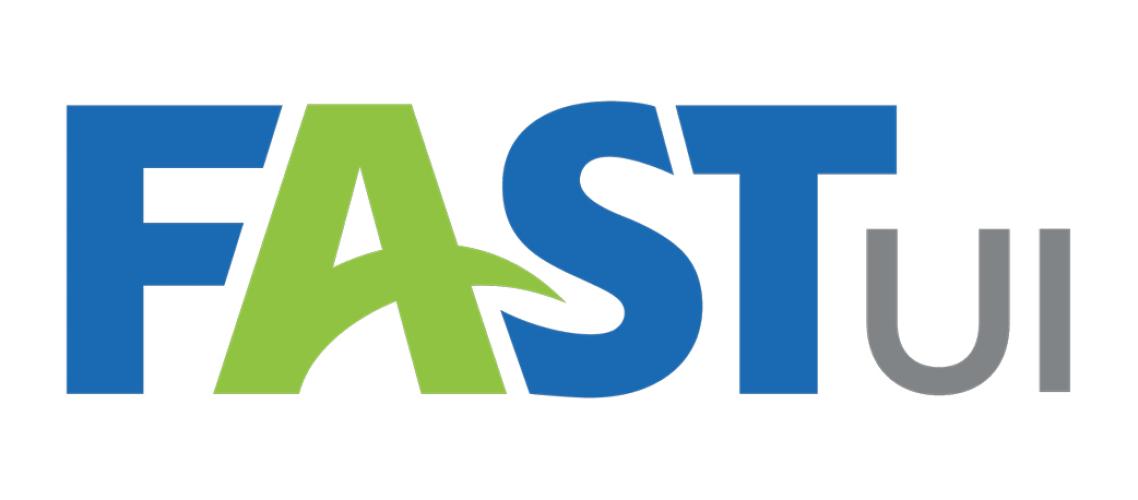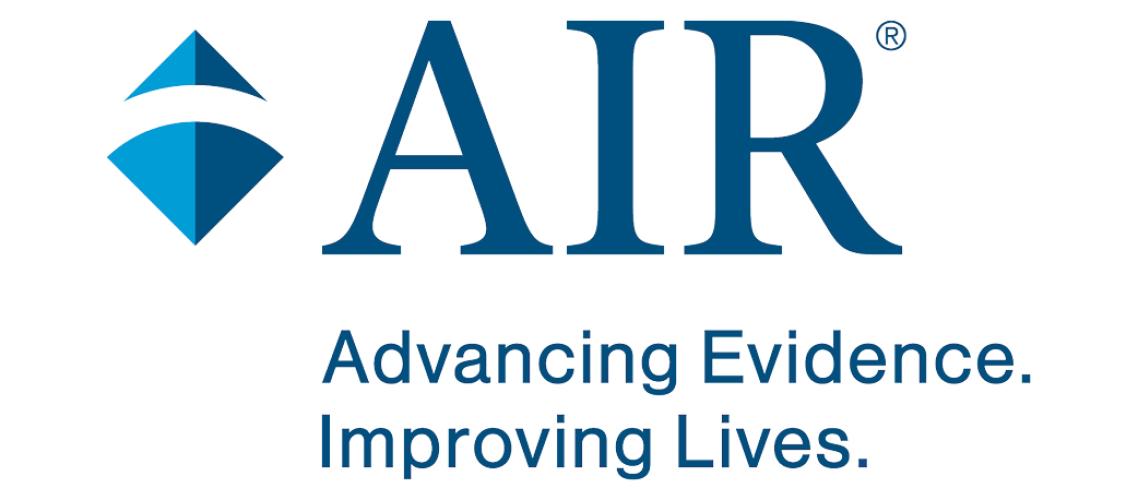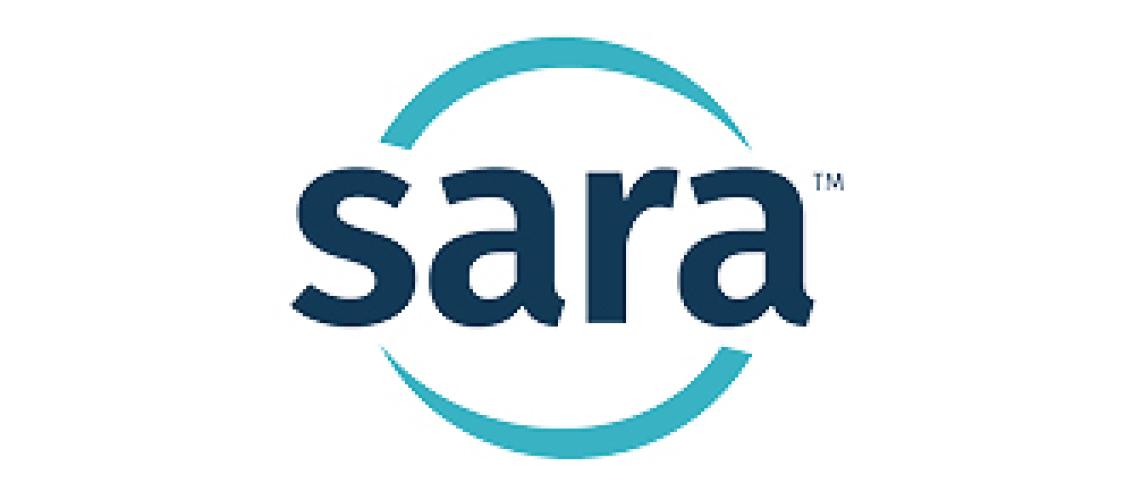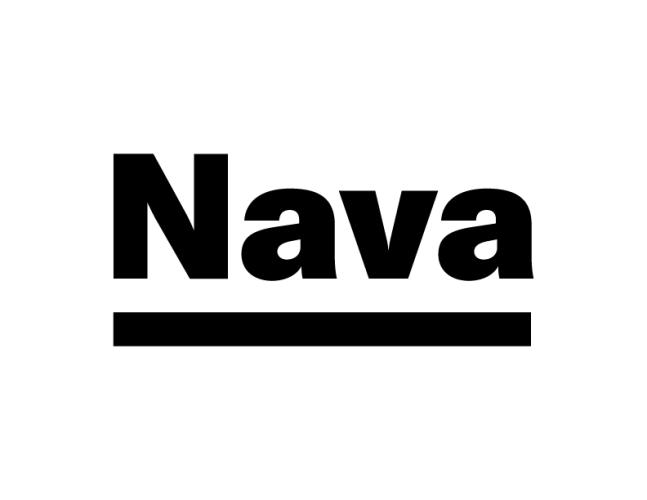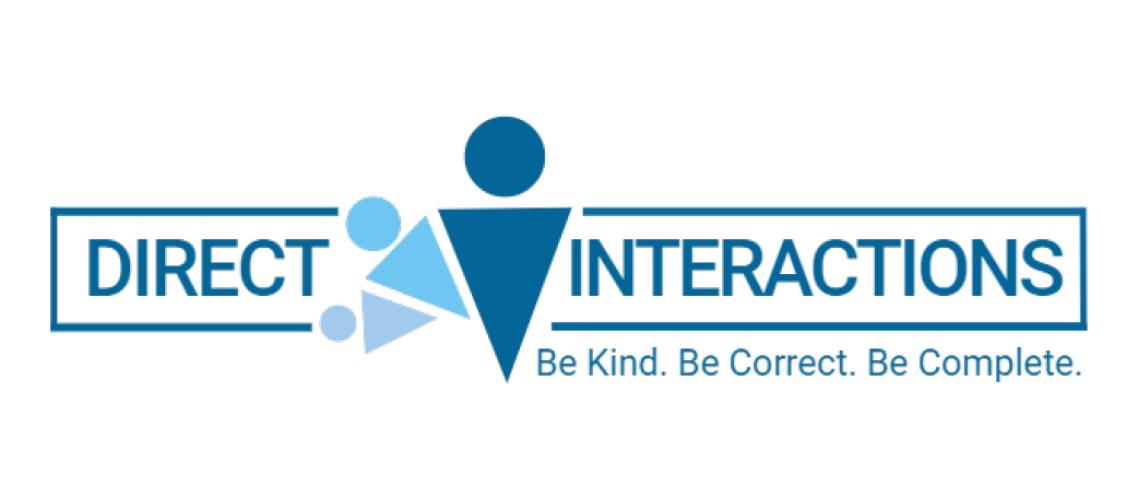CRS Report - The Self-Employment Assistance Program
Self-employment is one potential pathway to exit a spell of unemployment. The regular Unemployment Compensation (UC) program generally requires unemployed workers to be actively seeking work and to be available for wage and salary jobs as a condition of eligibility for UC benefits. These requirements constitute a barrier to self-employment and small business creation for unemployed workers who need income support. The Self-Employment Assistance (SEA) program, however, provides an avenue for combining income support during periods of unemployment with activities related to starting one’s own business.
Thus, within the joint federal-state UC program, the SEA program focuses on the reemployment of UC beneficiaries. State SEA programs help unemployed workers generate their own jobs through small business creation. SEA waives state UC work search requirements for those individuals who are working full time to establish their own small businesses. SEA provides a weekly allowance in the same amount and for the same duration as regular UC benefits. It is available only to individuals who would otherwise be entitled to UC benefits and have been determined likely to exhaust their UC benefits. Despite the unique configuration of SEA, which pairs self-employment activities and income support, participation in the program by states as well as unemployed workers is limited. Currently, only six states have active SEA programs for UC claimants, and in one of these states—New York—authorization for the SEA program is scheduled to expire December 7, 2015. In part, the small-scale nature of the program is likely due to the authorizing legislation requirement that SEA be budget neutral; that is, no UC funds may be used to provide self-employment training.
P.L. 103-182, the North American Free Trade Agreement Implementation Act, created the SEA program on December 8, 1993. It was permanently authorized by P.L. 105-306, the Noncitizen Benefit Clarification and Other Technical Amendments Act, which was signed on October 28, 1998. Like the rest of UC, the SEA program is financed by federal taxes under the Federal Unemployment Tax Act (FUTA) and by state payroll taxes under the State Unemployment Tax Acts (SUTA).
Most recently, provisions in P.L. 112-96, the Middle Class Tax Relief and Job Creation Act of 2012, gave states the authority to expand SEA participation to certain claimants in the Extended Benefit (EB) and temporary, now-expired Emergency Unemployment Compensation (EUC08) programs.
